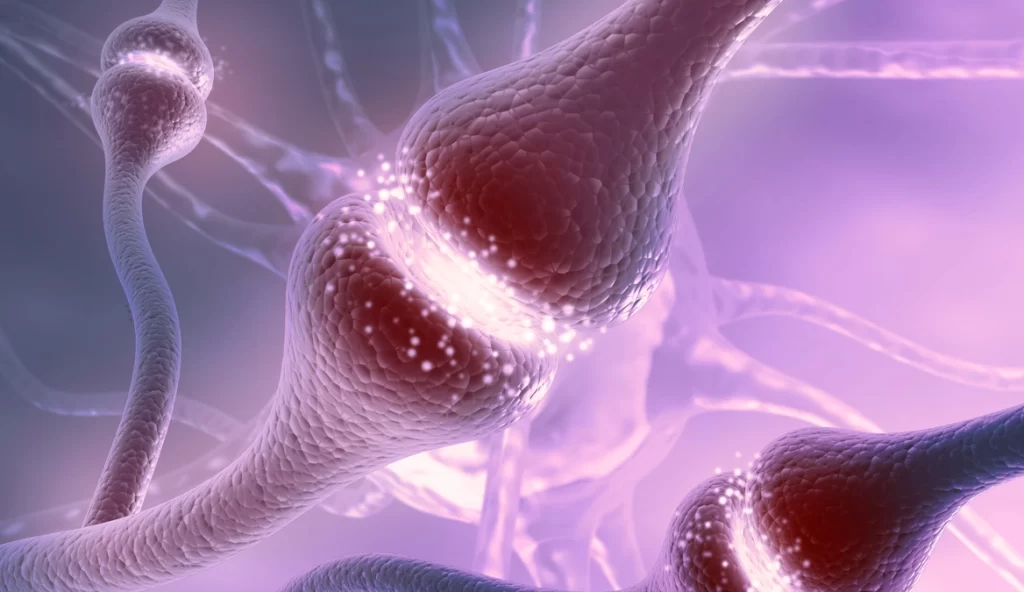The value of self-control refers to the ability to manage one’s emotions, desires, and actions. It’s about maintaining equilibrium, not letting internal impulses dictate one’s responses, and choosing behavior that aligns with long-term goals and societal norms. It’s a key component in personal development and is often seen as a marker of maturity and wisdom. The value of self-control is manifested in various forms:
The Value of Self Control
Emotional Regulation:
- Definition: Managing and moderating emotional reactions in various situations.
- Importance: Prevents impulsive reactions, facilitates peaceful and respectful interactions, and supports mental well-being.
Impulse Control:
- Definition: Resisting temptations and not acting on sudden urges that may have negative consequences.
- Importance: Minimizes the likelihood of harm or regret and supports decision-making that aligns with long-term goals.
Desire Management:
- Definition: Maintaining moderation and balance in fulfilling desires and wants.
- Importance: Helps prevent addiction, overindulgence, and maintains physical and mental health.
Delayed Gratification:
- Definition: Postponing immediate pleasure for long-term benefits.
- Importance: Fosters discipline, patience, and long-term goal achievement.
Resilience:
- Definition: Exhibiting patience, endurance, and perseverance in the face of challenges and setbacks.
- Importance: Enhances the ability to achieve goals despite obstacles and fosters personal growth.
Ethical Conduct:
- Definition: Choosing actions that are morally and ethically sound.
- Importance: Upholds integrity, builds trust, and promotes a just and harmonious society.
Mindfulness:
- Definition: Being aware of one’s thoughts, emotions, and actions and making conscious decisions.
- Importance: Enhances emotional intelligence, self-awareness, and thoughtful action.
Healthy Boundaries:
- Definition: Setting limits on one’s behavior and interactions to maintain well-being and relationships.
- Importance: Protects from exploitation, burnout, and maintains respectful and positive relationships.
Decision Making:
- Definition: Making thoughtful, considered decisions rather than hasty, irrational ones.
- Importance: Leads to better outcomes, reduced regrets, and goal attainment.
Commitment to Goals:
- Definition: Staying focused on and committed to long-term goals.
- Importance: Supports success, accomplishment, and personal fulfillment.
In Summary:
In essence, the value of self-control lies in its ability to foster personal stability, societal respect, and the attainment of long-term goals. It is foundational for personal and professional success, strong relationships, and overall well-being. By cultivating self-control, individuals enhance their capacity to navigate life’s complexities with grace, integrity, and resilience, contributing positively to society and leading fulfilling lives.
Quotes about the Value of Self-Control
- “He who controls others may be powerful, but he who has mastered himself is mightier still.” – Lao Tzu
- “Such power there is in clear-eyed self-restraint.” – James Russell Lowell
- “The best time for you to hold your tongue is the time you feel you must say something or bust.” – Josh Billings
- “Self-control is the chief element in self-respect, and self-respect is the chief element in courage.” – Thucydides
- “You have power over your mind — not outside events. Realize this, and you will find strength.” – Marcus Aurelius
- “Mastering others is strength. Mastering yourself is true power.” – Lao Tzu
- “To enjoy freedom, we have to control ourselves.” – Virginia Woolf
- “He who reigns within himself, and rules his passions, desires, and fears, is more than a king.” – John Milton
- “Do not bite at the bait of pleasure till you know there is no hook beneath it.” – Thomas Jefferson
- “The only way to get rid of temptation is to yield to it.” – Oscar Wilde
- “It is not necessary to react to everything you notice.” – Author Unknown
- “No man is free who is not master of himself.” – Epictetus
- “The strongest man in the world is he who stands alone.” – Henrik Ibsen
- “I cannot trust a man to control others who cannot control himself.” – Robert E. Lee
- “A man without decision of character can never be said to belong to himself.” – John Foster
- “Freedom is not procured by a full enjoyment of what is desired, but by controlling the desire.” – Epictetus
- “One’s greatest challenge is to control oneself.” – Kazi Shams
- “Self-discipline is the ability to make yourself do what you should do, when you should do it, whether you feel like it or not.” – Elbert Hubbard
- “Self-command is the main elegance.” – Ralph Waldo Emerson
- “He who angers you conquers you.” – Elizabeth Kenny
- “By constant self-discipline and self-control, you can develop greatness of character.” – Grenville Kleiser
- “Rule your mind or it will rule you.” – Horace
- “Temptation avoids the man who is satisfied with himself.” – Ancient Proverb
- “The highest result of education is tolerance.” – Helen Keller
- “He who cannot obey himself will be commanded.” – Friedrich Nietzsche
- “Discipline is remembering what you want.” – David Campbell
- “One controls things by controlling oneself.” – Sen Rikyu
- “Those who conquer their passions are the truly brave.” – Plato
- “Self-control is one mark of a mature person; it applies to control of language, physical treatment of others, and the appetites of the body.” – Joseph B. Wirthlin
- “Self-control means wanting to be effective at some random point in the infinite radiations of my spiritual existence.” – Franz Kafka


